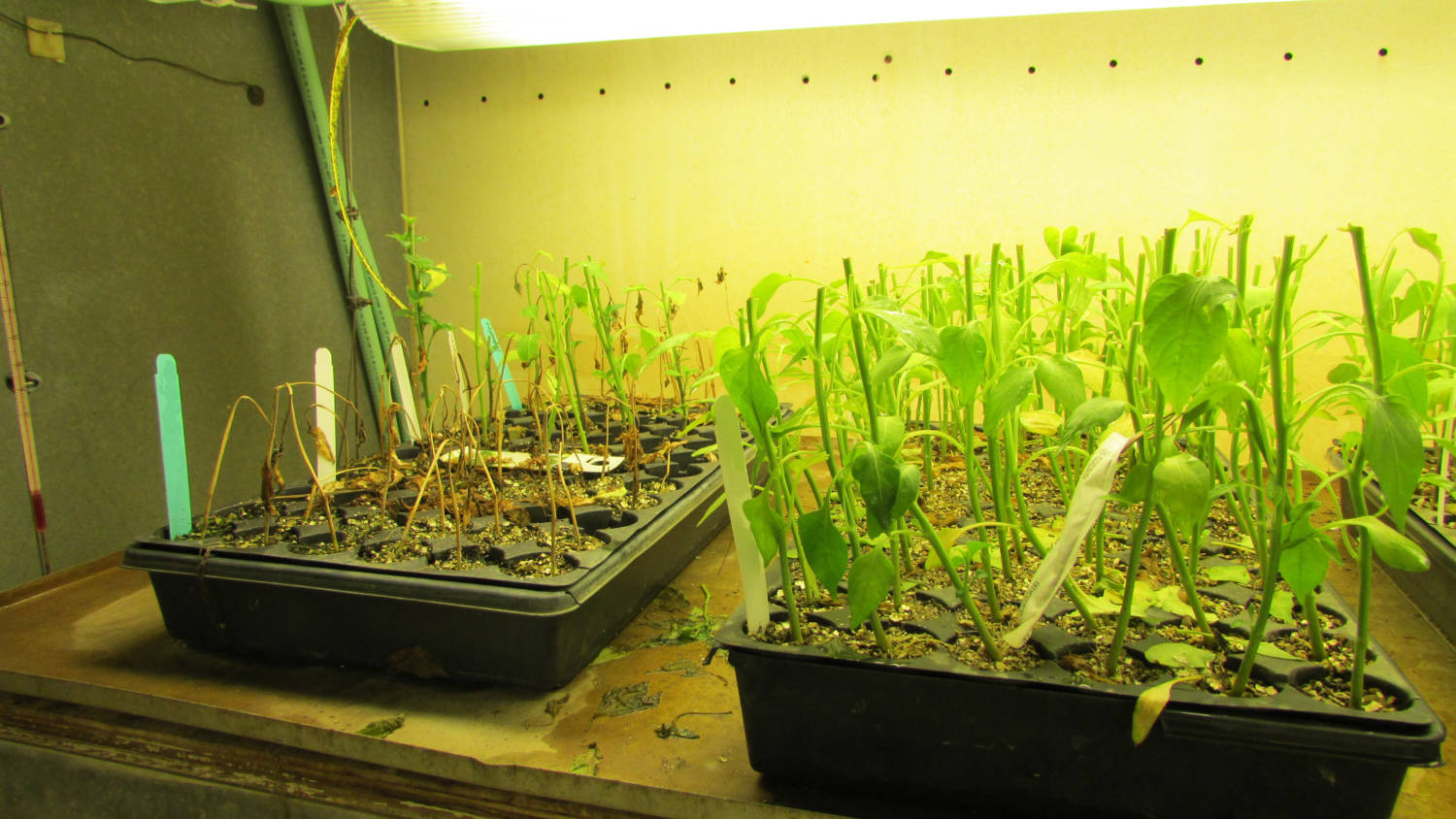Paving the Way for Healthier Plants
As a gardening enthusiast, I’ve witnessed firsthand how devastating plant diseases can be. Before my eyes, once-vibrant plants would succumb to blight, wilt, and rot. It was heartbreaking! However, through extensive research, I stumbled upon inspiring breakthroughs in plant pathology promising disease resilience for our beloved greenery.

Image: gpnmag.com
The Science Behind Disease Resistance
Plants, like humans, possess intricate immune systems that detect and fend off pathogens. By exploiting these mechanisms, scientists have developed innovative techniques to enhance natural disease resistance in plants. One approach involves identifying and incorporating resistance genes into plant DNA through genetic engineering or traditional breeding methods. These genes encode proteins that directly attack or neutralize pathogens upon infection.
Tailoring Solutions to Specific Diseases
Disease susceptibility varies widely among plant species and even different varieties within a species. This necessitates a tailored approach to disease resistance management. Researchers collaborate with breeders to develop disease-resistant plant varieties specifically targeting common afflictions in their respective ecosystems. For example, transgenic tobacco plants engineered with resistance to tobamovirus have demonstrated remarkable field tolerance to its devastating effects.
Modern Techniques in the Limelight
Aside from gene manipulation, several modern techniques are gaining prominence in plant disease resistance research. These include:
- RNA interference (RNAi): A molecular technique that silences specific plant genes involved in disease susceptibility.
- Immunization: Exposing plants to attenuated pathogens or pathogen-derived proteins to trigger an immune response and prepare for future infections.
- Antimicrobial peptides and proteins: Directly targeting pathogens by employing natural antimicrobial compounds.

Image: flipboard.com
Ecological Considerations for Sustainable Resistance
Introducing disease-resistant plants into ecosystems requires careful consideration of the potential ecological impacts. Monocultures, where vast areas are planted with a single crop variety, can reduce overall genetic diversity, which may increase vulnerability to disease outbreaks. To mitigate this risk, researchers explore cultivating blends of plant varieties with diverse genetic backgrounds, each offering resistance to different pathogens.
Expert Insights for Empowered Gardeners
By integrating these scientific advancements into our gardening practices, we can empower ourselves to protect our plants and gardens:
- Cultivate disease-resistant varieties whenever possible.
- Practice sanitation measures, such as removing diseased plant material and disinfecting gardening tools.
- Utilize crop rotation to prevent disease build-up in soil over time.
- Encourage biodiversity by planting a variety of species and companion plants.
- Consult plant pathologists or extension services for tailored advice on implementing disease resistance strategies.
Frequently Asked Questions
Q: Are all genetically modified plants disease resistant?
A: No, genetic engineering does not automatically confer disease resistance. Specific resistance genes must be identified and inserted into the plant DNA.
Q: Can plants develop immunity to diseases?
A: Not in the traditional sense like humans, but plants can acquire enhanced resistance through mechanisms such as immunization and priming.
Q: Will disease-resistant plants eliminate the need for pesticides?
A: While disease resistance can reduce the likelihood of disease, it may not eliminate it entirely. Integrated pest management approaches, combining cultural practices and targeted pesticide use when necessary, remain essential for comprehensive plant protection.
Plants Can Be Made Disease Resistant By
Conclusion
The development of disease-resistant plants has emerged as a cornerstone of modern agriculture, promising to improve crop yields and reduce pesticide dependency. By leveraging scientific breakthroughs and integrating sustainable practices, we can empower our plants to thrive, not just survive.
Plant disease resistance is an ever-evolving field. Are you eager to learn more about the latest developments and breakthroughs in this field? Let your curiosity guide you and explore the vast resources available online and through local extension services.